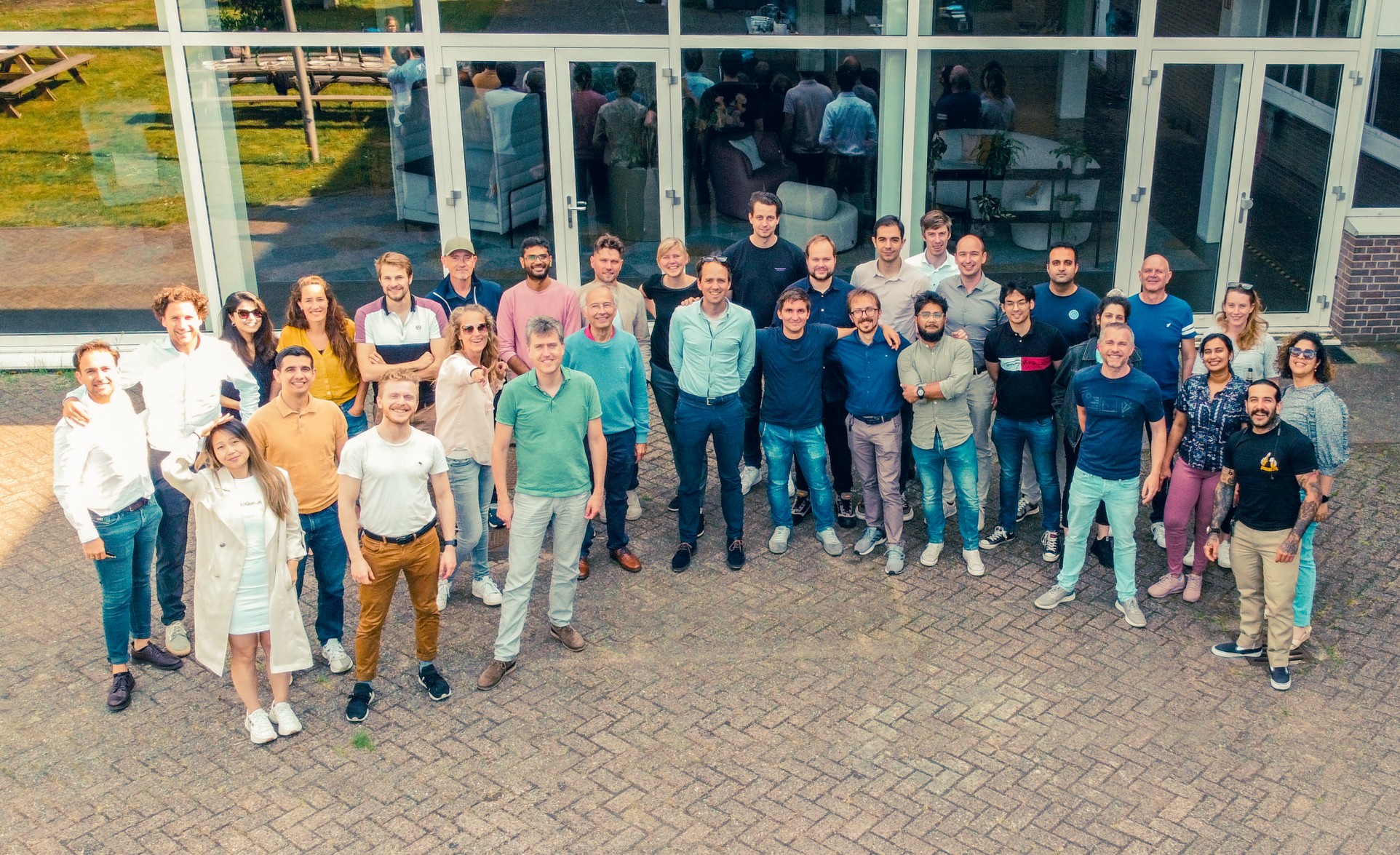Prof. Andreas Schmidt-Ott discovered during his PhD that nanoparticles could be made through spark ablation.
In 2013 an essential patent was filed on a new design to scale spark ablation to higher frequencies and more mass output.
VSPARTICLE was founded with the goal of making nanoparticle production available at the touch of a button
Achieved recognition by winning the TU Delft Startup competition.
We launched the first series of G1 Alpha devices, secured by orders from the National Institute for Public Health and the Environment (RIVM), and two TU Delft faculties led by Wilson Smith and Marcel Tichem.
Secured a $2 million in Seed1 investment from Invaco Management and successfully delivered the first three G1 Alpha devices.
Launched the VSP-P1 and VSP-S1 devices, started the P1 Pilot Line development with a €370,000 LEE-BED subsidy, and secured new distributors in China and Japan.
VSP-G1 sales have reached 10 units, expanded into the US market with a new distributor, and the VSP-S1 has been successfully delivered to Utrecht University.
To advance SERS development, we’ve installed two new printers, increasing our production capacity for SERS chips to 5,000 per month.
Secured a $4 million investment from BlueYard Capital, produced the first batch of 6 VSP-P1 Alpha devices, and intensified our focus on CCM development in collaboration with DIFFER.
Our collaboration with DIFFER has led to the first publication on PEM WE, marking a significant advancement in VSPARTICLE technology.
Plural Platforms invested €7 million in Series A1 funding. We launched the VSP-P1, secured orders for 12 additional units, and doubled our team to 40 employees.
